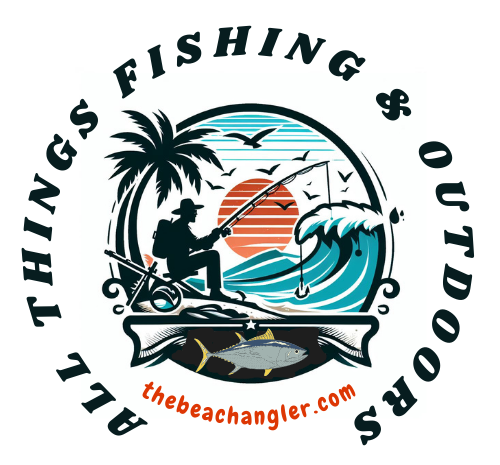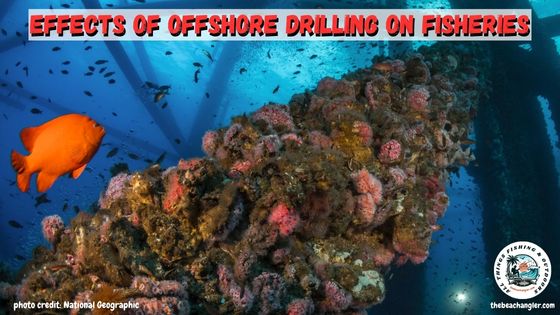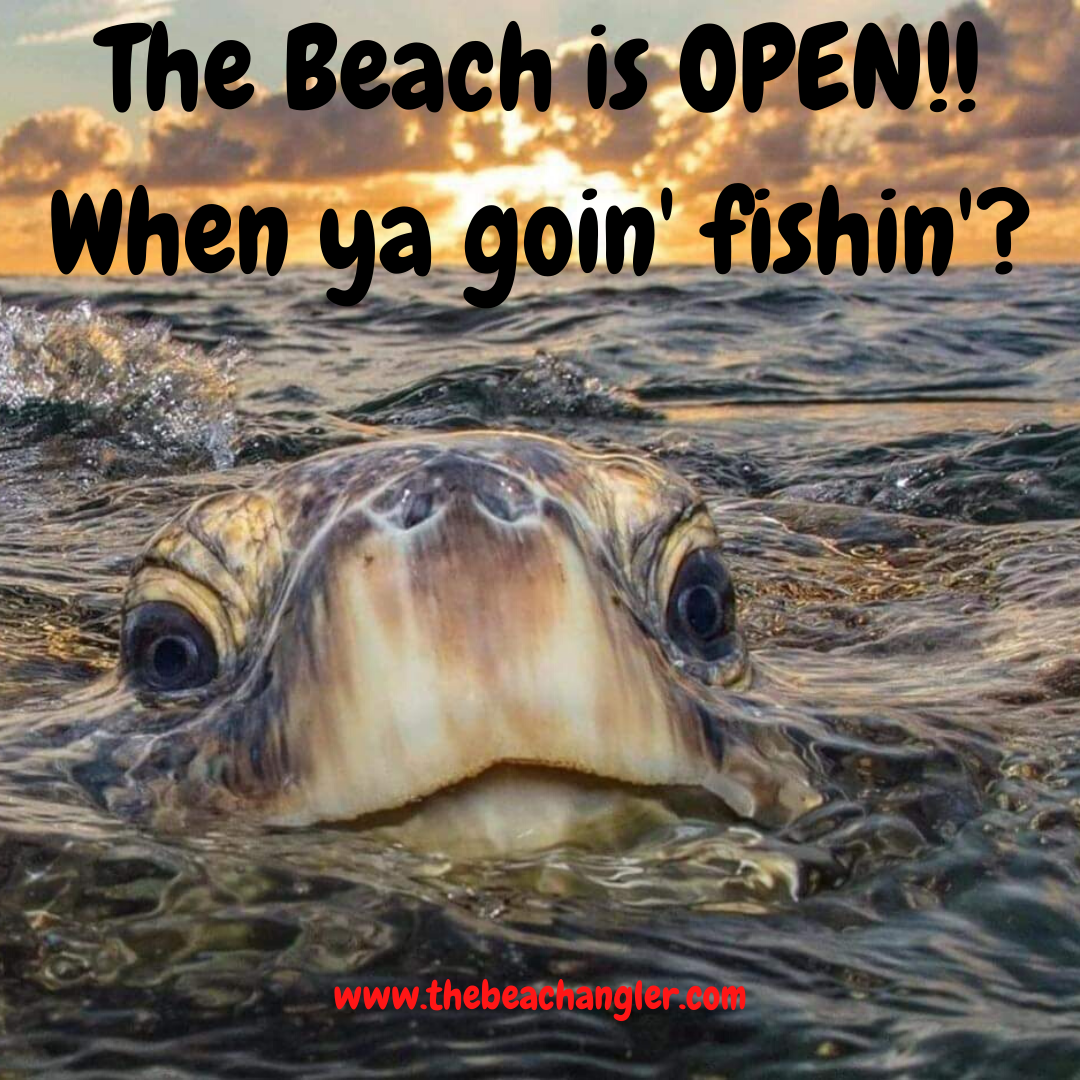Offshore drilling is a hot topic, especially when we consider the environmental impact of offshore drilling on coastal fisheries. And, like any “hot” topic, there are two sides to the issue. These two sides – energy production and fishing – can either complement each other or stand in direct conflict. The relationship is complex, with both benefits and potential costs to balance.
KEY TAKEAWAYS:
Offshore oil drilling has been going on for over a century and has become much safer for both the workers and the marine environment. Oil spills do pose significant risks to local fishing communities and aquatic life. They are however increasingly rare and their effects dissipate over time. Additionally, offshore platforms and structures provide increased marine habitat supporting many varied species. This increase in marine life benefits the environment, recreational and commercial fisheries, and the local economies.
Coastal fisheries are crucial. They provide food and livelihoods to countless communities around the world. These fisheries contribute to local economies and are integral to culinary and cultural practices. Considering how vital they are, examining how offshore drilling impacts them is more than essential – it’s necessary.
The first offshore drilling began in 1897, so it’s been going on for well over a century with surprisingly few negative impacts over those 100 + years. In many areas, the offshore platforms themselves have created significant marine habitat that has benefited coastal fisheries, both recreational and commercial.
We’ll explore the economic benefits, environmental risks, direct impacts on fisheries, and the pros and cons of offshore drilling. It’s all about getting a rounded view to understand the stakes and trade-offs involved.
Economic Benefits of Offshore Drilling
Offshore drilling can be a significant economic force for coastal communities. One of the major perks is job creation. Drilling operations require a wide range of skills, from engineers to laborers, meaning a variety of employment opportunities arise. These jobs can boost local economies, providing steady incomes to families and business to local merchants.
Revenue generation is another economic bonus. Governments often gain substantial income from leasing offshore areas and getting a slice of the profits, via taxes, from the oil extracted. This revenue can be used for public services like schools, infrastructure, and healthcare.
Energy production is, of course, an important benefit as the world continues to need more and more energy to support a growing population and industries. With over 70% of the earth’s surface covered in water, much of the oil reserves are located offshore.
Technological advancements also come into play. The challenges of offshore drilling push the development of new technologies. Innovations originally designed for offshore drilling can have wider applications, benefiting other sectors like clean energy or oceanography.
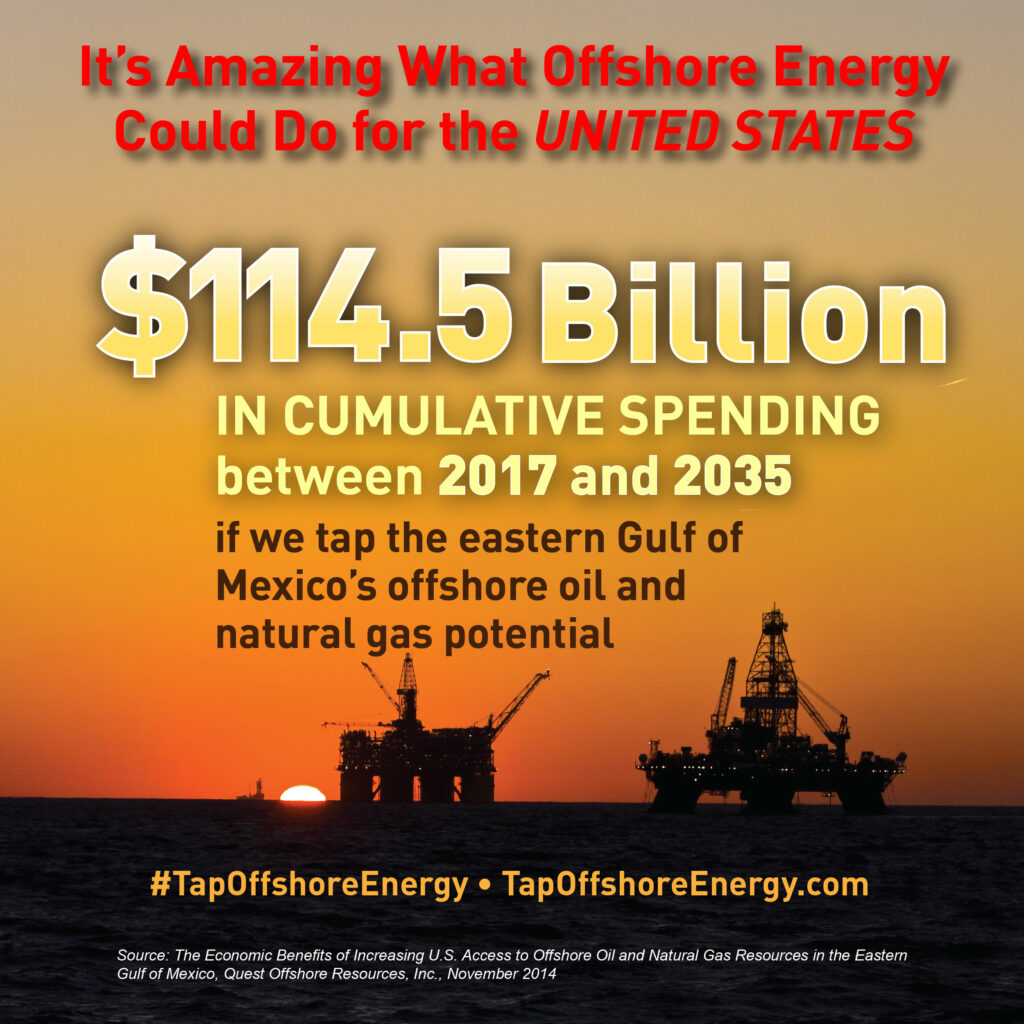
However, it’s good to remember that these benefits come with a price. While the economic gains are numerous, weighing them against potential environmental and social impacts is crucial. Balancing these aspects, and taking proper precautions, requires careful consideration and planning.
Potential Risks of Offshore Drilling
Risks of Oil Spills
Offshore drilling can severely impact the local marine environment. Among the most significant threats are oil spills, which can cause catastrophic short-term damage to marine ecosystems. Spilled oil spreads quickly, coating everything in its path and affecting marine life from tiny plankton to large whales.
Fortunately, as disastrous as they can be, safety measures and innovations in the offshore drilling industry have made them extremely rare. Clean-up and containment methods have also improved greatly. And, over the long term, the effects of a spill dissipate.
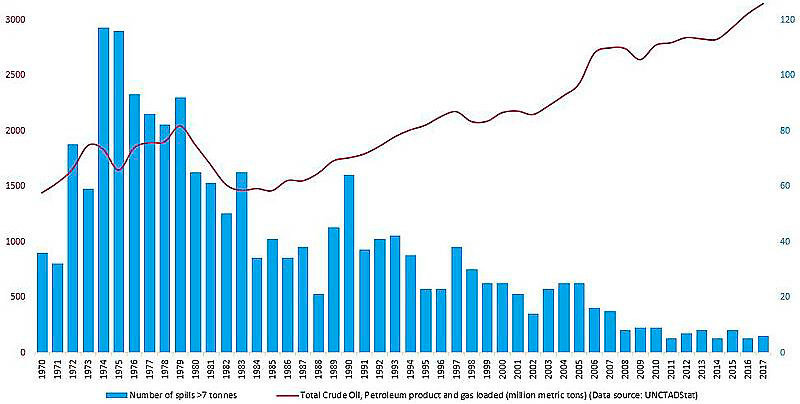
I’m old enough to have lived through several major spills that at the time were terrible, but today you can find no environmental evidence that they ever occurred. However, that doesn’t minimize the immediate costs and impacts of a spill which can be devastating to local economies and fisheries.
The Environmental Impacts of Offshore Drilling Processes
Oil spills are not the only potential impact of offshore drilling on coastal fisheries. The drilling process itself can stir up sediments. This clouds the water, interfering with the feeding and breeding of fish and other marine species. Noise pollution from drilling also disrupts the natural behaviors of sea creatures, such as migration and communication.
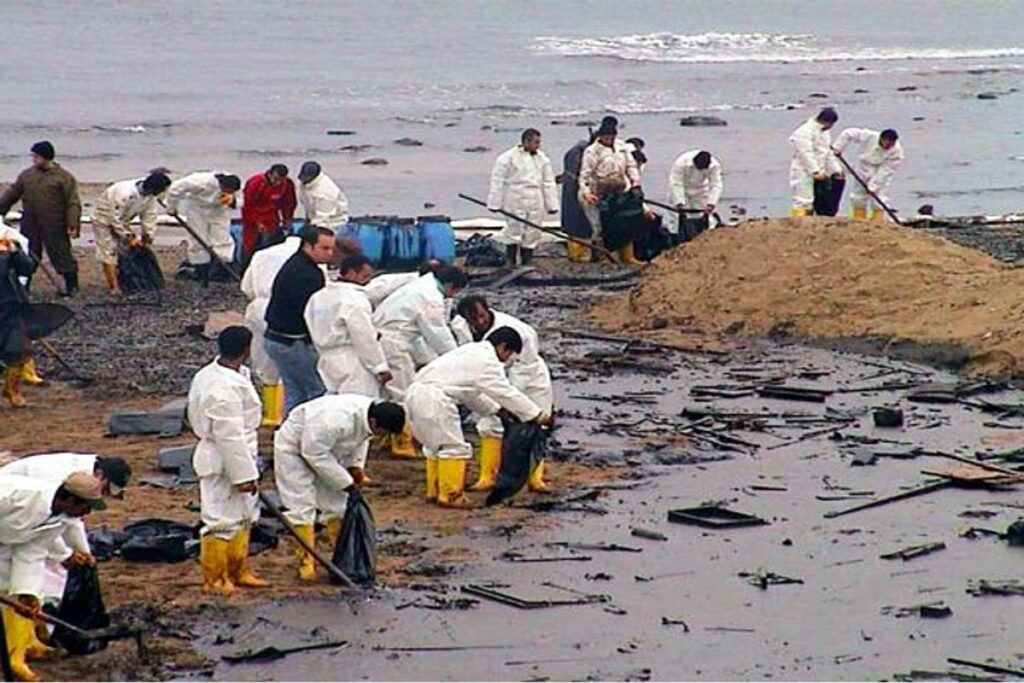
Potential Long-term environmental consequences are another concern. Even if a spill doesn’t happen, the routine operations of offshore drilling could slowly degrade marine habitats. Contaminants from drilling could possibly accumulate in the food chain, impacting the health of marine life over time.
Balancing economic benefits with protecting our marine environment is critical. Effective regulations, industry safety procedures, and emergency preparedness can minimize most of these risks. If you do any offshore fishing, you no doubt have experienced the positive effects offshore platforms can have on fish and fishing.
Impact of Offshore Drilling on Coastal Fisheries
Offshore drilling brings changes to fish populations, impacting species variety and abundance. Some areas with little to no natural habitat might become havens for certain species due to manmade structures like rigs.
Offshore oil platforms make fantastic artificial reefs creating a thriving marine environment. The support structure for the oil rig provides a safe haven for coral and fish, boosting the population in an otherwise barren environment. Increasing fish populations benefits both recreational and commercial fishing.
Better fishing means more income for local guides, commercial fishermen, and the local businesses that service the fishing fleets. Additionally, local businesses benefit from more fishermen coming to fish and spending money in motels, restaurants, and other local businesses.
Environmental impacts, like those from an oil spill, can severely disrupt fisheries. These effects can force fish to migrate elsewhere or even cause local fish kills which would have serious negative economic effects on the local fishing communities.
Effective management and strict regulations can help mitigate some of these impacts. Promoting sustainable fishing practices alongside responsible offshore drilling can create a balance, protecting both the economy and the environment.
Pros and Cons of Offshore Drilling on Coastal Fisheries
Balancing the pros and cons of offshore drilling on coastal fisheries is important. On the positive side, offshore drilling creates job opportunities and brings in significant revenue for governments.
The offshore platforms and structures provide significant additional marine habitat that benefits numerous fish and other marine animals. Technological advancements born from the industry can also benefit other fields.
However, the environmental risks can be serious. Oil spills, localized habitat disruption, and drilling contaminants could pose potential long-term ecological threats to marine life and fisheries.
Finding a balance between economic benefits and environmental protection is key. Governments and companies need adhere to regulations, continue to invest in spill prevention and mediation technologies, and promote environmentally friendly production practices.
Offshore Drilling and Fisheries: The Final Analysis
So, while offshore drilling offers economic advantages and can provide significant additional marine habitat, its environmental impact can’t be ignored. Responsible management and innovations in offshore energy production can help protect our coastal ecosystems and the livelihoods depending on them.
On balance, given the more than 100 years of offshore drilling activities, the benefits to the economy and local fisheries have far outweighed the negative impacts to date. Continued improvements in safety and drilling technologies will help reduce the potential negative impact of offshore drilling on coastal fisheries.
What do you think about offshore drilling and how it affects fishing? Let me know in the comment section below. I’m interested in knowing what other anglers think about the issue and what your experiences have been.
As always, stay safe, enjoy the journey and please try to leave it cleaner than you found it. If you have any comments, questions, ideas, or suggestions please leave them in the comment section below and I’ll get back to you ASAP. You can follow us on Facebook: Rex The Beach Angler, Instagram: thebeachangler7, Twitter: @AnglerBeach, and YouTube: Man Art Creations.
Check out Our Most Recent Articles:
- 8 Features of the Minn Kota Kayak Terrova Trolling Motor

- Tips And Tactics For Saltwater Fishing With Spoons
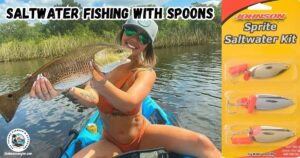
- Review Of The Daiwa Caldia MQ LT Spinning Reel
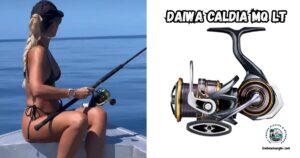
- What Is Sail Line Fishing And How To Use It?
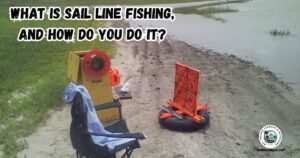
- Review Of The Penn Slammer IV Spinning Reel

- Fishing Lake Calcasieu: 14 Tips And Tactics

P.S. – Thanks so much for checking out our blog we really appreciate it. Just so you know, we may receive a commission if you click on some of the links that appear on our site. This helps us keep our content free and up-to-date for everyone. We appreciate your support!
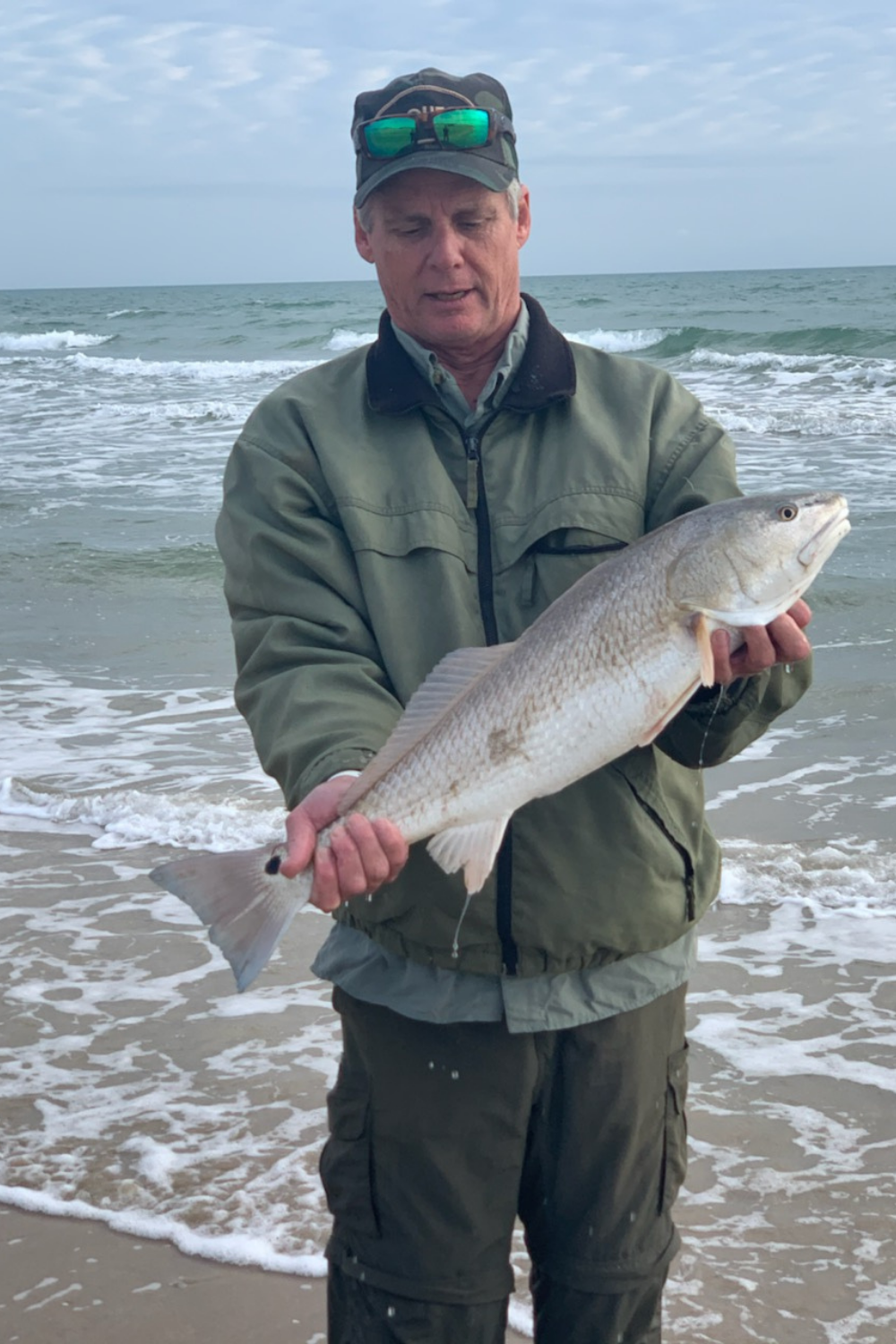
A life long surf fisherman with 50+ years of experience, I am also an avid hunter and outdoorsman. I will be sharing my passion for the outdoors with you so be prepared for hunting, fishing, camping, hiking and more. Along with gear reviews and the latest trends and innovations in the outdoor industry.
